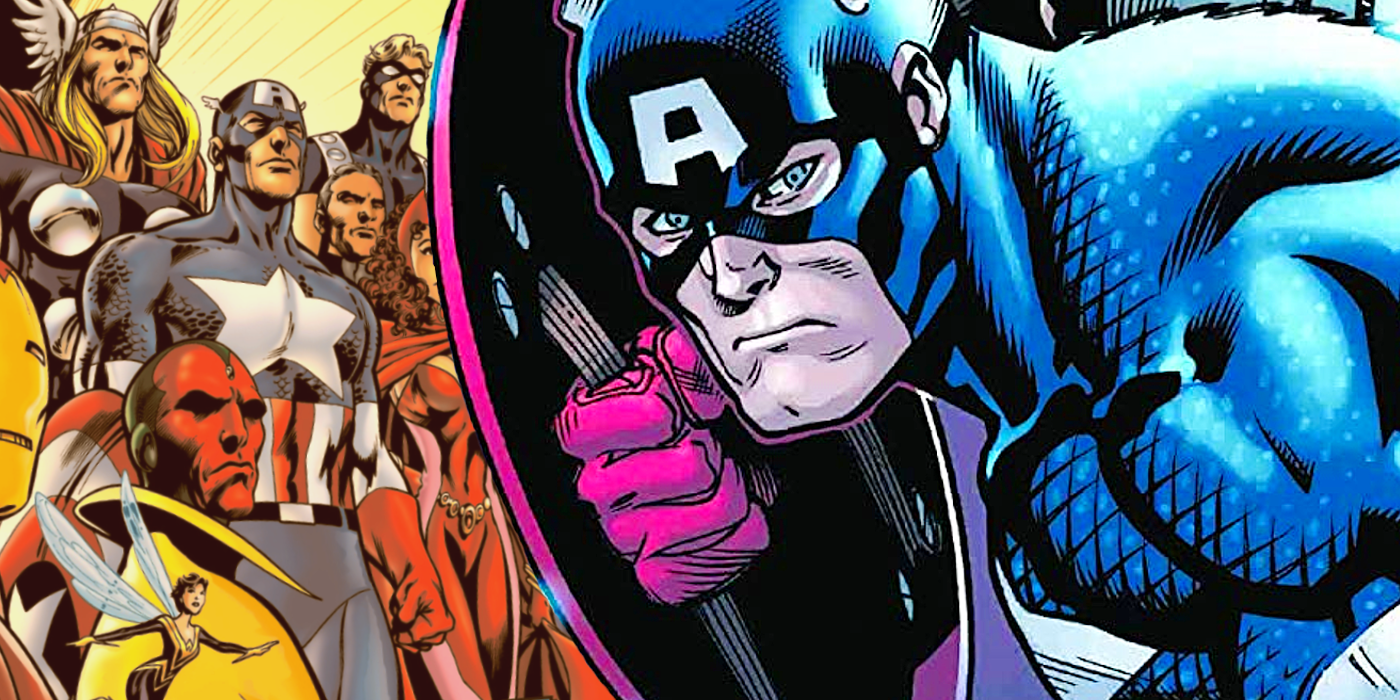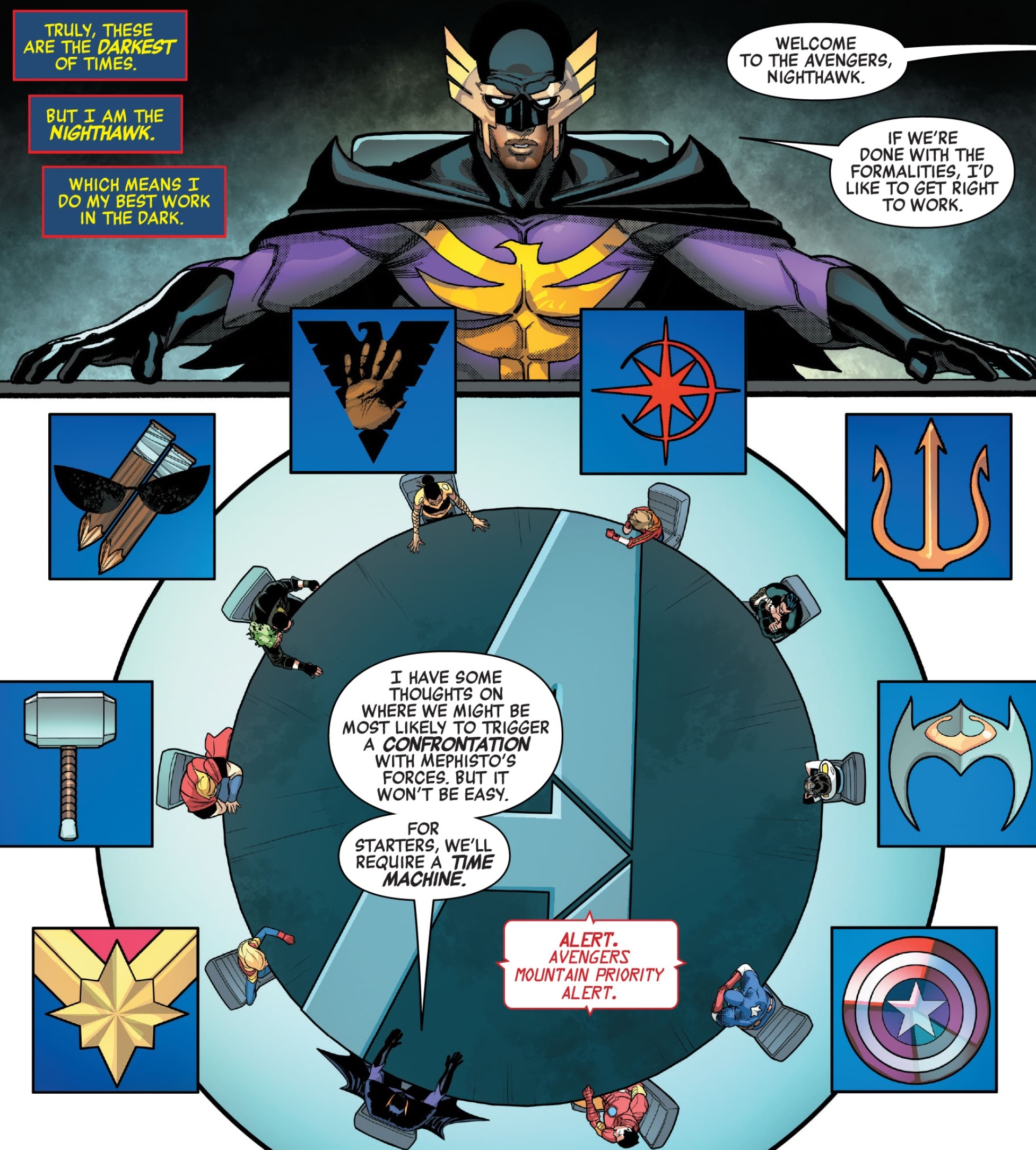Marvel's ongoing Avengers is lacking the key element that made the Earth's Mightiest Heroes Marvel's flagship team for so many years. The Avengers have been jumping from one world-threatening crisis to another, but the series has largely neglected to show meaningful interactions between the members of the team, which was one of the Avengers' trademark elements in the past.
The Marvel Universe is full of superhero teams, but the Avengers have always stood out as the greatest, partly because of the friction and camaraderie that defines the team. While always a staple of Earth's Mightiest Heroes, this returned in earnest to modern comics with the 1998 relaunch of the Avengers book, under the creative team of Kurt Busiek and Geroge Pérez, which made the team one of Marvel's hottest propriety. What characterized this version of the Avengers and the ones that followed was that a lot of focus was put on the inner dynamics of the group and the interaction between characters. This led to some memorable storylines, such as Carol Danvers' struggle with alcoholism, She-Hulk losing control of her powers, and the death of Jack of Hearts. Future creative teams kept this character-focused approach, especially Brian Michael Bendis (who wrote the Avengers for almost a decade), who introduced new characters to the roster and explored their romantic and interpersonal dynamics.
The latest Avengers series began in 2018, under the creative direction of Jason Aaron and Ed McGuinness, and takes a very different approach. The team came together to face a rogue host of Celestials, which really set the tone for how much the series would follow the classic Avengers concept of fighting "the foes no single superhero could withstand." After the Celestials, the team had to deal with a Russian conspiracy, the rise of Dracula and his Vampire Nation, an intergalactic war, the return of the Phoenix, being trapped in a nightmare reality created by a Cosmic Cube, and the rise of Mephisto, the mastermind villain of the series, who is enacting a complex plan to conquer the entire Multiverse. What's been lost in this high-octane action, however, is the Avengers themselves. While there have been a few bonding moments here and there, the drama comes squarely from each new crisis, not from the heroes experiencing them.
While there have been moments of support between newbies Ghost Rider and Echo, and a romance between Thor and She-Hulk that ended up petering out, they're a far cry from Spider-Woman reluctantly falling for Hawkeye, Monica Rambeau fighting to keep a headstrong team together, or Iron Man and Triathlon's religious differences exposing Tony Stark's biases. These details often worked hand-in-hand with the action, with concepts such as Vision's humanity acting as running themes that might begin with discussion and end in battle, or vice versa.
This series, instead, has been mostly about the Avengers jumping from one crisis to the other, and while these set pieces are impressive, they feel like events that could be happening to any group of heroes rather than specifically to a collection of people who have dated, fought, and even tried to kill each other in the past. With a few exceptions, the characters either leave their issues at the door or deal with them privately, making the days of raucous poker nights and internecine blow-ups feel incredibly distant.
Marvel's characters should always be changing and evolving, so there's no one way the Avengers 'should' be. However, there's a balance of personal drama and large-scale action that has defined the team's most fondly remembered eras - one that's missing from the Avengers as they're currently depicted.


